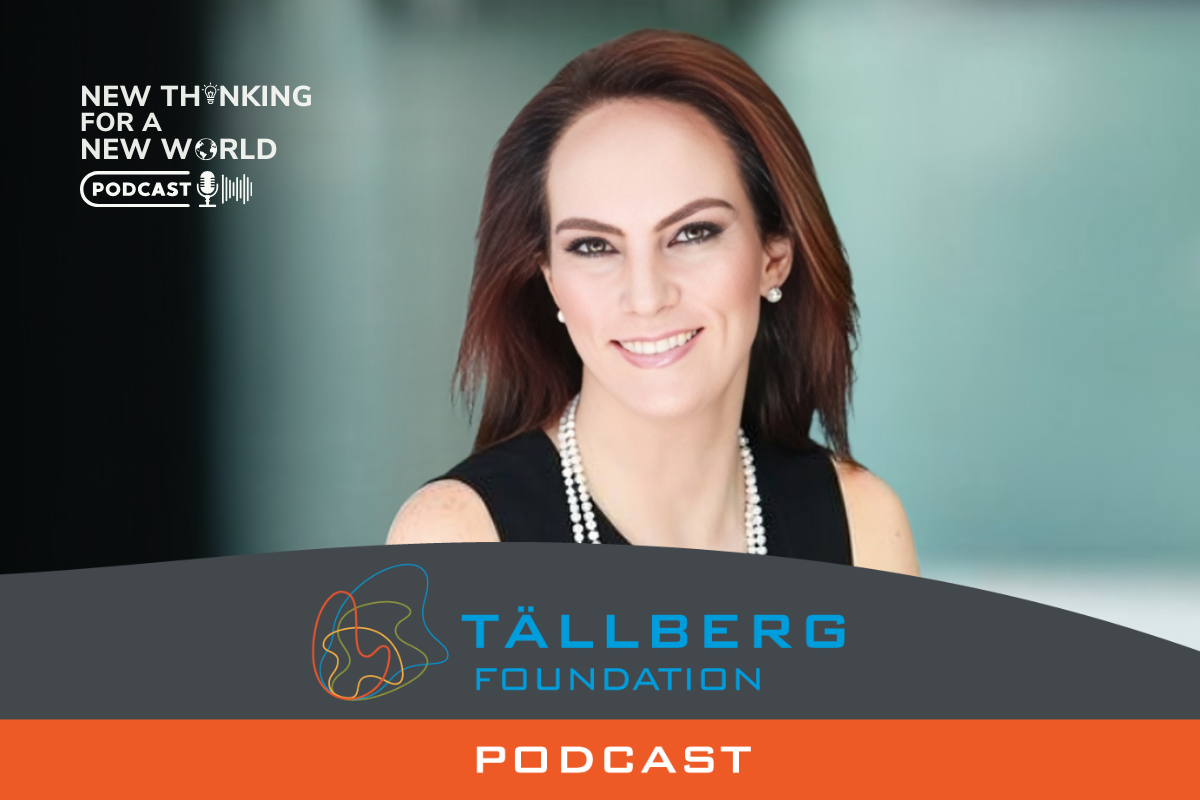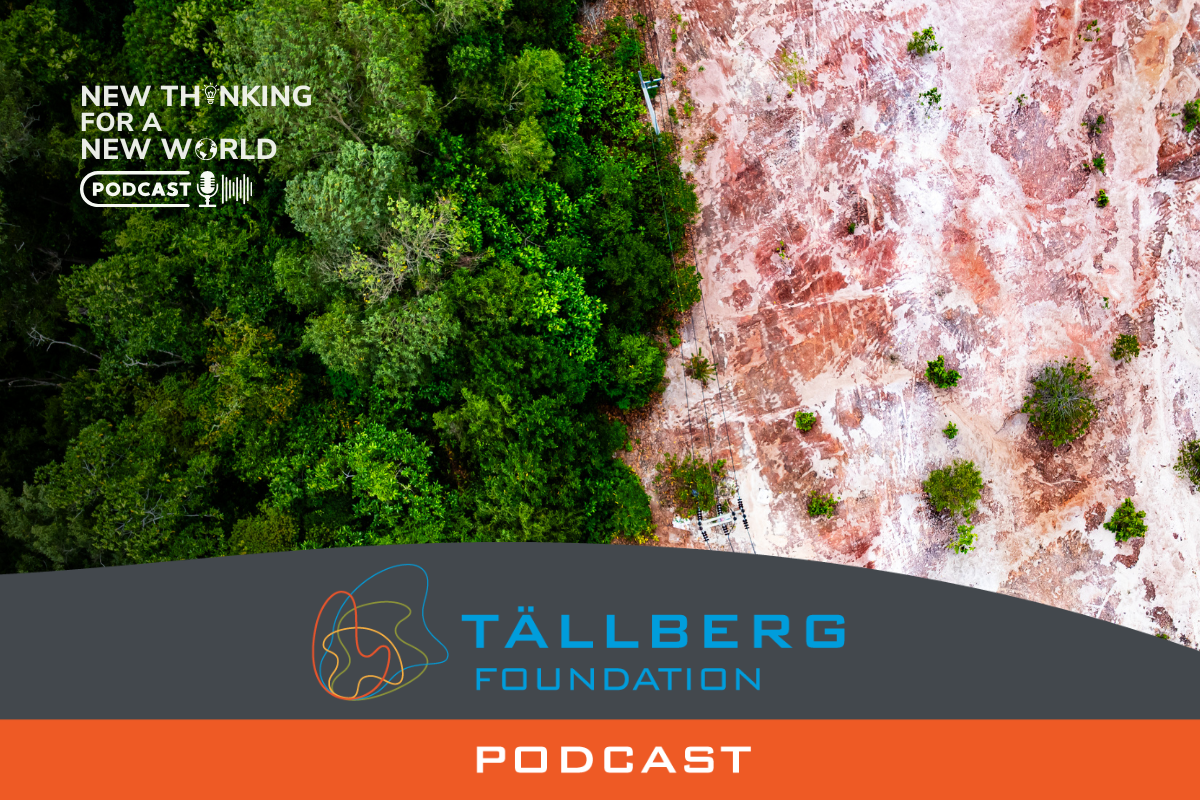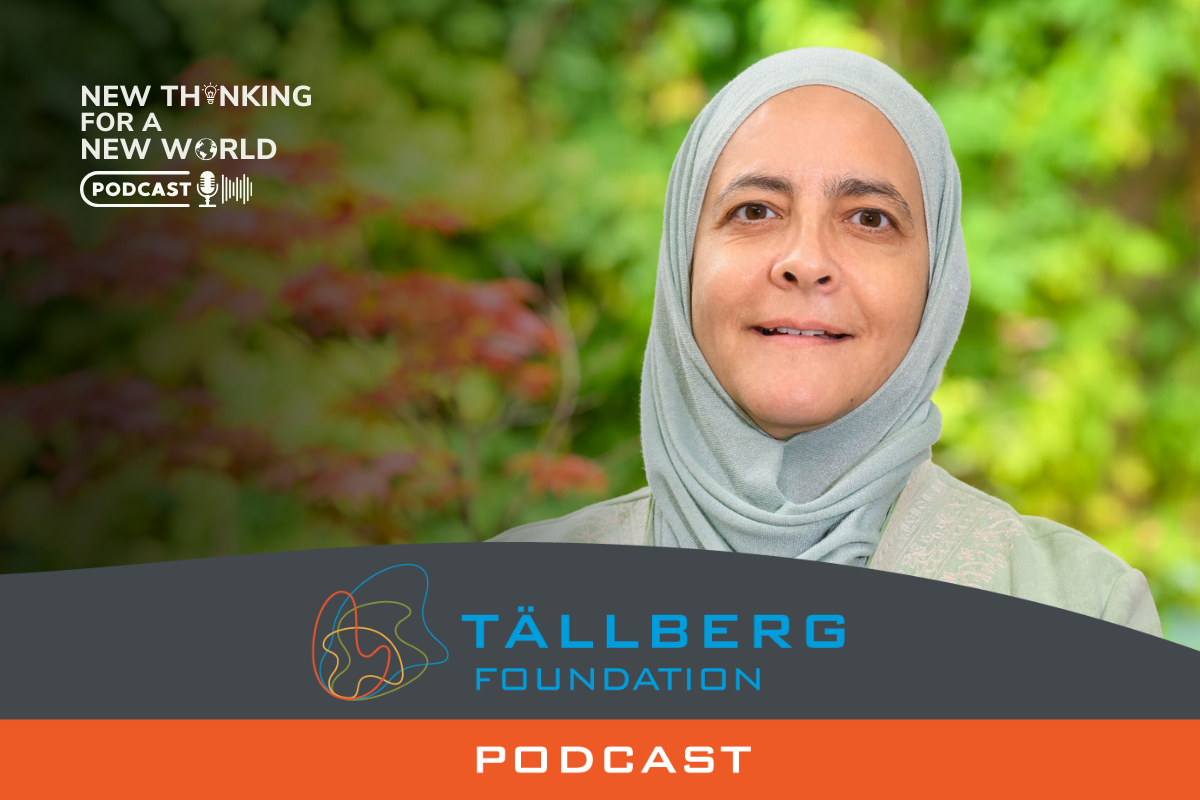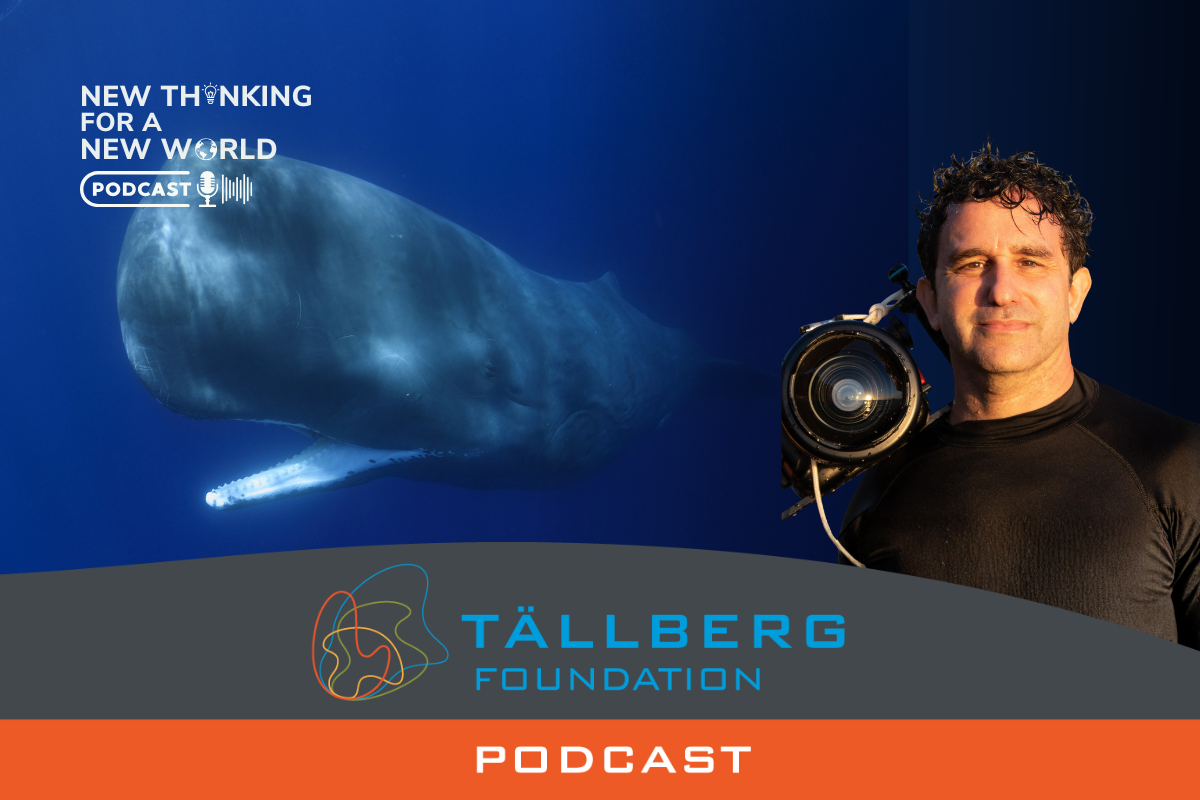Yasmine Farouk discusses the impact of China’s mediation between Saudi Arabia and Iran on the Middle East and beyond.
Early last month, there was an extraordinary announcement. Saudi Arabia and Iran had agreed to resume diplomatic relations after seven years of more or less open hostility. Even more extraordinary was the person standing between the Iranian and Saudi foreign ministers, Wang Yi, China’s most senior foreign policy official. His statement that day said it all: “This is a victory for dialogue, a victory for peace, major positive news for a world, which is currently so turbulent and restive. And it sends a clear signal.”
It was also a victory for China’s rise as a great global power. The United States has shaped Middle Eastern geopolitics—for better and for worse—since Henry Kissinger’s shuttle diplomacy in the 70s. But long-time American client Saudi Arabia recognized that only China could deliver Iran to the negotiating table and, perhaps, assure its future good behavior at least vis-à-vis the Saudis.
What does it all mean? A new Middle Eastern order? The end of the Sunni-Shia conflict? Will the new relationship between Iran and Saudi Arabia last? And, what about Israel, not mentioned in the Beijing press conference, but obviously the 800-pound gorilla in the room?
The conceit of this podcast is New Thinking for a New World, which certainly describes what was announced in Beijing. Yasmine Farouk is a student of Middle Eastern diplomacy, focused on Saudi Arabia and the Arab Gulf. She is a non-resident scholar in the Middle East program at the Carnegie Endowment for International Peace.
LISTEN as she discusses the implications of this revolutionary development by clicking on the button or find the New Thinking for a New World podcast on the platform of your choice (Apple podcast, Spotify, Stitcher, Google podcast, Youtube, etc).
TELL US WHAT YOU THINK: will China replace the United States as the dominant power in the Middle East? by commenting below.
ABOUT OUR GUEST
 Yasmine Farouk is a nonresident scholar in the Middle East Program at the Carnegie Endowment for International Peace.
Yasmine Farouk is a nonresident scholar in the Middle East Program at the Carnegie Endowment for International Peace.
Yasmine Farouk studied political science at Cairo University, Sciences Po Paris and was a Fulbright Fellow at Yale University during her postdoctoral studies. Her previous research and publications cover Egyptian and Saudi foreign policies, international relations in the Arab world, and social participation in policy and constitution making. Prior to joining Carnegie, Yasmine was based in Egypt where she taught political science. She previously worked at the office of the Egyptian prime minister after the 2011 revolution supporting civil society participation in the national dialogue and constitution making processes. From 2016 to 2017, she was the director of research at Cairo International Center for Conflict Resolution, Peacekeeping and Peacebuilding (CCCPA), a think tank and training center affiliated with the Egyptian Ministry of Foreign Affairs. Yasmine was a fellow of the French Ministry of Defense, Stanford University, the American University in Cairo (AUC Forum), and the French Ministry of foreign affairs. She was also a consultant for the UNDP working on the Arab Human Development report.




The decline of the US empire is not a new phenomenon. Many great empires have collapsed due to self-conceit and in that sequence America has fallen. The State Department staff is responsible for the collapse of the US empire. They go to a country and associate with the elite class of that country. But they have no contact with the general public. As a result, the general public believed only in the thickest words about America, and support for America collapsed. Meanwhile, Americans are surrounded by flatterers and sycophants in poor countries and continue to follow their path, resulting in policy defeat for Americans in most countries. China is using that opportunity. The future of the Middle East is bleak at the moment.